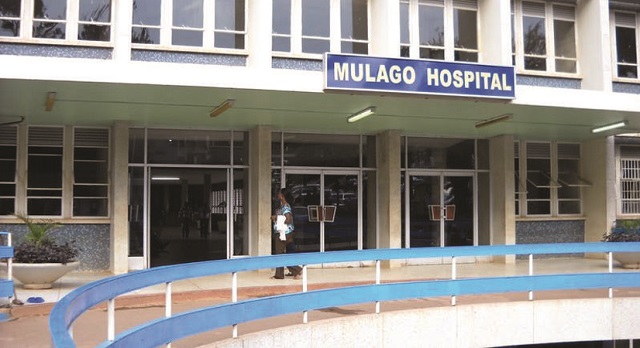
The striking medics are angry about their salaries of Shs3.4million for a senior consultant, Shs2.6million for a consultant and Shs1.1million for medical officer. They say these are too low compared to their work load and what colleagues in the region earn. They cite Kenya, where senior consultants earn the equivalent of UShs18million and UShs8.2million for a medical officer. The same cadres in Tanzania earn the equivalent of UShs15million and UShs4.9million respectively.
In previous meetings, stretching as far back as 2016 when doctors led by then UMA president, the late Dr. Margret Mungherera petitioned parliament, their demands have remained unanswered.
However, in August 2016, when Museveni attended their Fellowship Dinner and they raised the bad conditions at hospitals where they said they lacked basic supplies such as gloves, IV fluids and surgical blades in addition to medicines, the President promised a change.
In fact, he termed what physicians were going through as ‘modern day slavery’ and therefore pledged, in addition to settling their grievances, to give them Shs5billion to recapitalise their medical SACCO. But, to date 65% of hospitals remain operating without basic supplies.
Now doctors want a Shs45million monthly salary for a senior consultant, Shs40million for a consultant and Shs8.5million for a medical officer.
The Ministry of Health says it cannot afford that. So what can it afford? According to the Minister of State in charge of Primary HealthCare, Dr. Joyce Moriku Kaducu, that is not clear yet.
“Government wants to do a complete overhaul of salaries for all public services. Their salaries will definitely change but this will be after public service finishing its report,” she told The Independent.
Kaduch is referring to an ongoing exercise to review salaries of public servants across the board. Although the exercise sounds noble, it has been met with skepticism, possibly because of the poor government record of fulfilling its pledges and instead enforcing an enclave salary structure in which so-called strategic departments get high salaries while the rest starve. The result is glaring disparity in the pay among and even within ministries and government department and agencies.
The governor of the central bank, for example, earns a monthly salary of Shs 53 million, the Commissioner General of the Uganda Revenue Authority Shs40 million, and the director of the National Social Security Fund Shs39 million a month. Contrast that with the Shs3.5 million paid to a vice chancellor of a government university, Shs2.3 million, for the Chief Accounting Officer of a district andShs4.6 for the Director General of Medical Services.
According to `A study Report on Salary Disparities in the Public Service” published in May 2017 by the Equal Opportunities Commission, a constitutional body established by the Equal Opportunities Commission Act, No.2 of 2007, “the salary disparities are so wide that public officers in some institutions are required to work for several years to be able to earn what their counterparts earn in one year”.
“For instance a director in a Government ministry earns UGX2,369,300 per month while a deputy director in KCCA (Kampala Capital City Authority) earns UGX27,000,000 per month,” the report says. Later it shows in a table that the Executive Director of KCCA earns Shs36 million a month while a permanent secretary, the highest ranking civil servant in a ministry, earned Shs3.7 million a month until it was increased recently to Shs15 million.
It recommends that the Ministry of Public Service fast tracks the establishment of a salary review commission to determine equitable and harmonized remuneration for public servants and “ensure fair pay that is commensurate to the ever changing economic environment to overcome corruption, low morale, absenteeism, among other vices that may arise from pay disparities”.
The report does not mention some categories of highly paid Ugandans, including Members of Parliament who earn about Shs36 million a month, get allowances for a new car and fuel, healthcare benefits, and a State-funded funeral of Shs68 million.
The report explains that while the median salaries paid to public servants are higher than those in the private sector, they have remained relatively flat over the last seven years even as the GDP has grown from Shs41 billion in the 2009/10 Financial Year to Shs56 billion by 2015/16 and the shilling has depreciated from Shs2491 to the dollar at the end of 2011 to Shs3, 611 by end of 2016..
 The Independent Uganda: You get the Truth we Pay the Price
The Independent Uganda: You get the Truth we Pay the Price


